
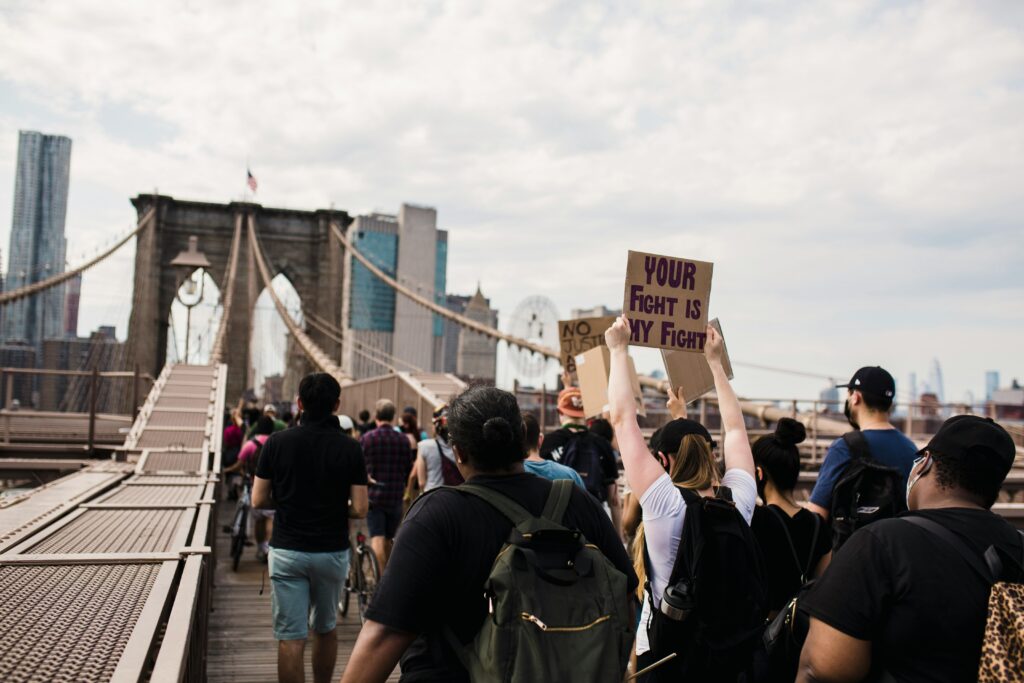
Every so often, people around the world wear black to demonstrate their unhappiness with a system that exists.
It is no different in Jamaica. Only recently, members of the nursing fraternity donned their black garbs in a bid to get the Government to pay over money that they said was owed to them, based upon a contractual arrangement or agreement that exists between both parties.
Black people wearing black to protest …hmm …how odd. What makes it even stranger is that those who choose black to send a message, seem not to realise that they are telling the world that the shade is not a good thing at all.
It would be highly political for people to wear the colours green, or orange, whenever they want to vent about a national issue that affects them, because that would lead to all sorts of endless accusations which would only deepen those matters.
But the insistence that black must represent a period of mourning, or that black is the worst thing in life, is way off the mark.
Wearing black should be about telling a story of pride … of how the people of dark pigmentation have managed to hurdle the odds and make tangible contributions across the globe.
It ought to be about the achievements of scores of black inventors, without whom the world would not be the same today. It must be too, about how black people have brightened the world with their music and cultural achievements; their performances in sport, in the field of finance, law, medicine, agriculture … in fact, in every area of development conceivable.
That is why I have a deep admiration for a friend of mine from my school days — Dr Orville Taylor, who, among other things, lectures at the University of the West Indies, and hosts a talk show on Radio Jamaica.

Dr Taylor attended St George’s College while I was across the road at Kingston College in the 1970s. He, unselfishly, worked alongside individuals at KC to push through projects that, to this day, still benefit KC. He is known as ‘the Man in Black’, for whenever you see Dr Taylor, at any rate beyond the boundary of his house, he is usually dressed in black, sometimes 100 per cent of what can be seen. Thus, he spreads the message of the true meaning of black.
So those who continue to push black as a way of expressing disgust about a system should consider why that is being done. It just does not make any sense.
As for the nurses, wearing black to demonstrate their sorrows, it will not make them get better from their emotional ailments, and be in a position to serve the people who seek medical relief. The history of the black man must not be hidden.
Time to stand up for the Integrity Commission
So, Jamaica’s Integrity Commission has started to see personnel changes, with the unfortunate departure of its chairman, retired president of the Court of Appeal, Justice Seymour Panton.
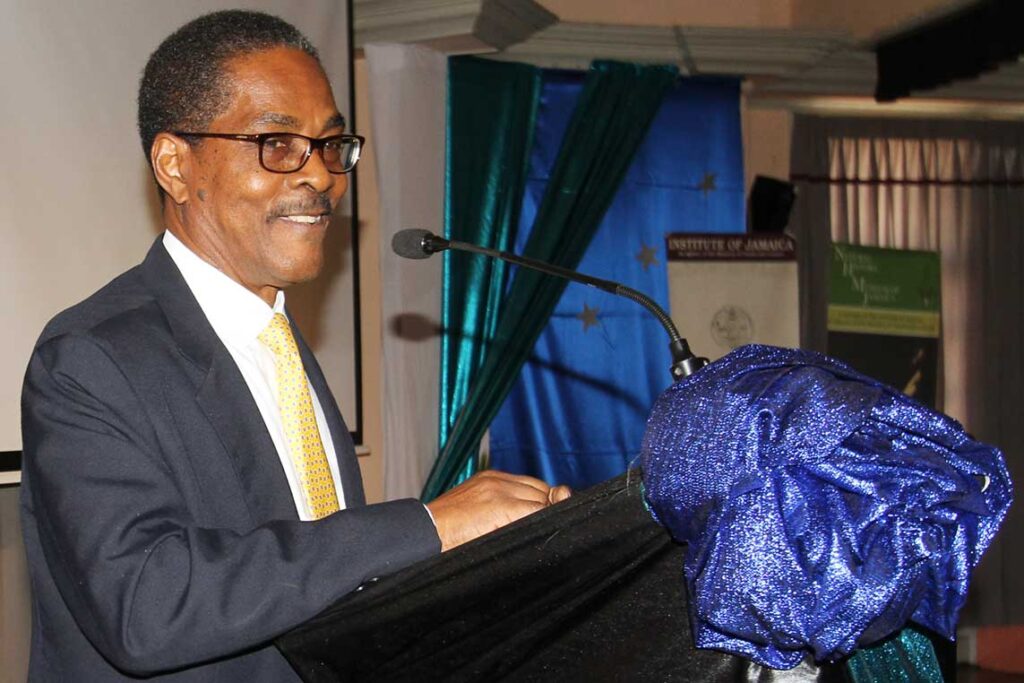
Soon, time will expire on the agreements of other commissioners, and directors, and it will be quite interesting to see how those curtains will open up.
From my standpoint, and it is also the view of others with whom I have been in verbal contact, the Integrity Commission, outside of the Court of Appeal, is the last bastion of justice and fair play that exists in Jamaica.
The criticisms being levelled at it by practising politicians and their henchmen and thugs are mostly unfounded. Here is a case of a Government, trying to be clean in the eyes of the people who voted for them, establishing an institution to bring about transparency and reduce corruption, suddenly turning around and placing that institution across its lap, unleashing a battering and inflicting pain when things do not go its way. The fact that the prime minister, under whose leadership the commission was established, could take the institution to court over foolishness, says it all.
All the semi-literates and intellectually corrupt in Parliament and on the periphery have their knives drawn, which forced some of those involved in achieving justice, to walk away, heads shaking in disbelief. that Jamaica could descend to the dungeon of shame.

Justice Panton’s decision to withdraw from the process is a huge loss to Jamaica and its quest to kick corruption in the butt.
It now seems likely that retired Justice Lloyd Hibbert, like Justice Panton, a man of integrity and impeccable character, will either be called on to act as chairman or appointed directly by the governor-general in that capacity, what with the commission’s rule book insisting that the body must be chaired by a judge, and include one other with experience at least at the level of the High Court.
So we await what comes our way with bated breath. Somehow, I refuse to believe what others have been suggesting to me, that the Government wants to wring the hand of the governor-general and turn the commission into a puppet (poppy) show, to suit its own vulgar objectives.
A breath of fresh air at National Health Fund
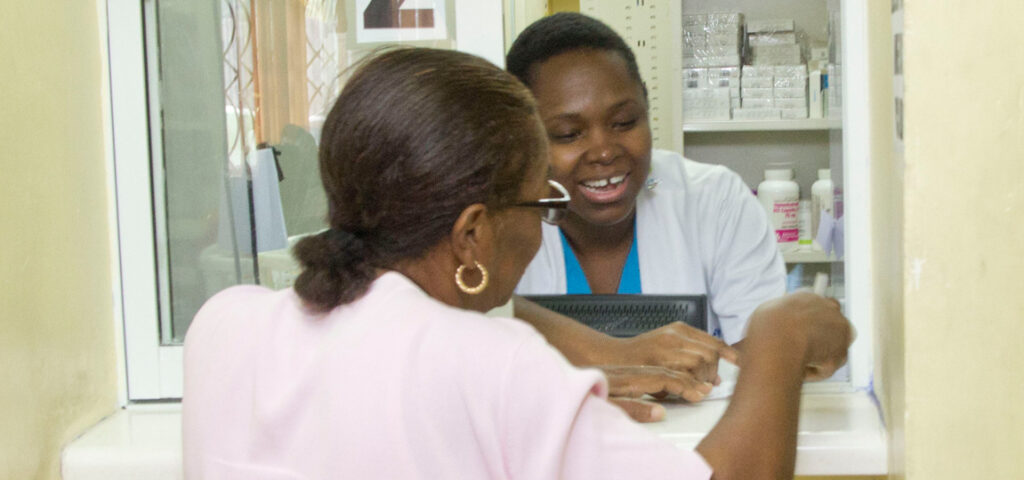
Last week I happened to visit the headquarters of the National Health Fund in New Kingston, and got one of the most refreshing experiences in dealing with a State agency.
I had gone there to update the medical records of a relative of mine, a senior citizen who had contributed positively to the business of healthcare for decades.
I would also use the occasion to seek to change the physical card assigned to me, I thought, as it had been broken for a long time and pharmacists were getting frustrated, with having to hold it tightly and swipe it more than the ordinary, for results to be realised.
From the first contact with the guard in the parking lot, things went ridiculously smooth. He directed me to a parking spot that seemed reserved for me, and before I could end the short walk to the security desk on the first floor of the Towers, a member of the security team, a woman, kind of sensing that I wanted to find the NHF, reeled off the geographical directions before I could pose a question.
By the time I entered the NHF office, I was directed to a customer service representative, whom I remember only as Melissa, who proceeded to deal with both matters with a high-class demonstration of professionalism. Believe it or not, I was in and out of the NHF in less than five minutes. Unheard of!
So good was the service that I wanted to extend my stay by requesting a cup of coffee, but backed off at last minute.
I told Melissa that the NHF’s chief executive, Everton Anderson, my good Cornwall College friend whom I have known for several years, should be pleased with the performance of his staff.
Is there any way that even 10 per cent of that attitude may be injected in other sections of the health fraternity? like, say, Kingston Public Hospital, Victoria Jubilee Hospital, Bustamante Hospital for Children, Cornwall Regional Hospital and so many others? Look, the dream is over. I am wide awake. Thanks, NHF.
Geoffrey Maxwell’s notable role
The death of Geoffrey Michael Maxwell, the former national representative and coach, has diluted the quality of Jamaica’s football product.
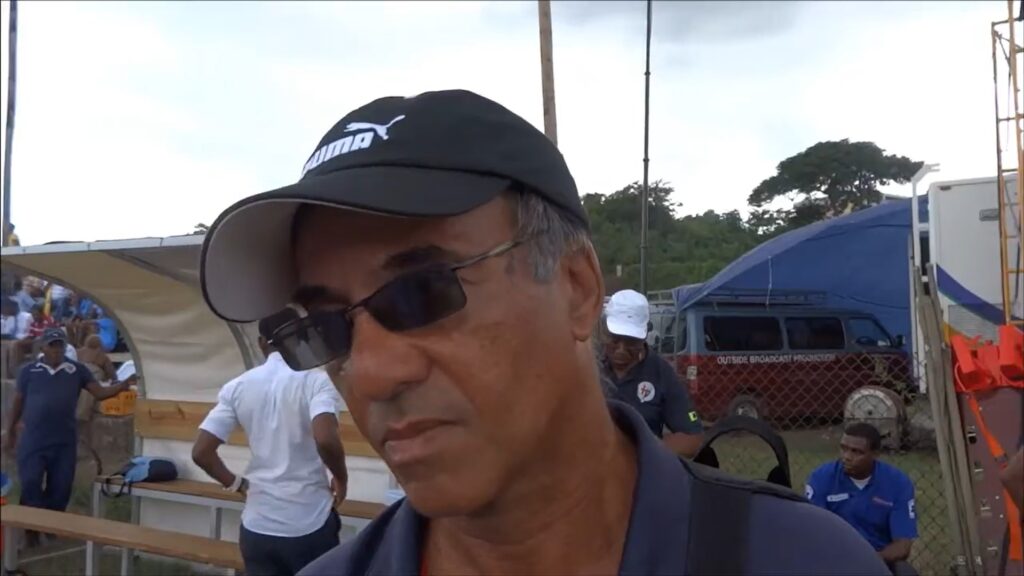
My guess is that there is no other coach in the history of Jamaican football, who has worked with as many teams as Maxwell, thus interacting with more footballers than others.
As a defender representing Excelsior High School in the Manning Cup, he was outstanding, which led to his selection to the national team, and some of the big clubs at the time including Liguanea and Santos.
As far as his coaching went, the big achievement in his early years came while he guided my older brother’s school, Gaynstead High to rule the then Private High Schools Championship, the standard of which matched, or in instances was higher than the Manning Cup.
He had a team during the early 1970s that included impressive youngsters like David Burgess, Donovan ‘Che’ Wray, Dennis Stanley, Ivor Lodge and Cornwall ‘Bigga’ Ford, called ‘Brillo’ then, a now retired crime fighter whom forwards dared to take on in defence, despite his plump stature.
The other schoolboy teams and clubs that he coached are countless to mention, and when he was appointed national coach in the mid 1980s, Maxwell brought about a level of delightful elegance to the play of that team, that I have still not seen by others subsequently.
His transgression at his place of work 26 years ago, led to a conviction, but he paid his dues and continued his mission of service through football.
A lover of fine music, Maxwell played the game of life the way that he wanted to, despite some of the hiccups along the way. His technical knowledge of the game had no equal.

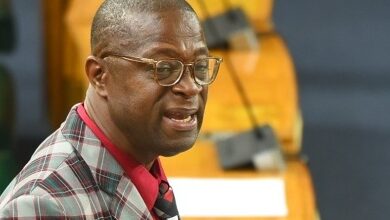
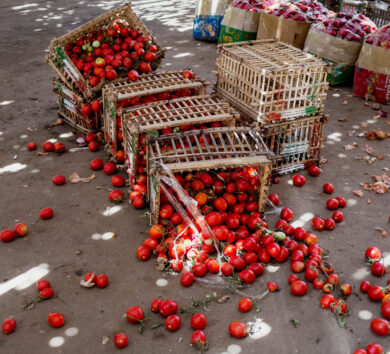
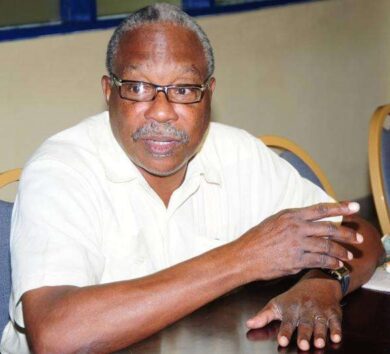
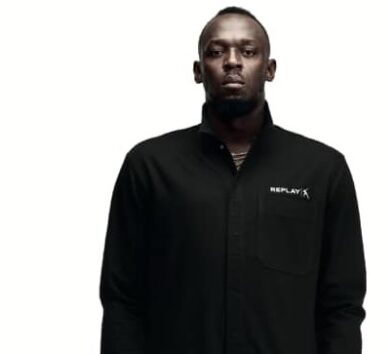


Comments